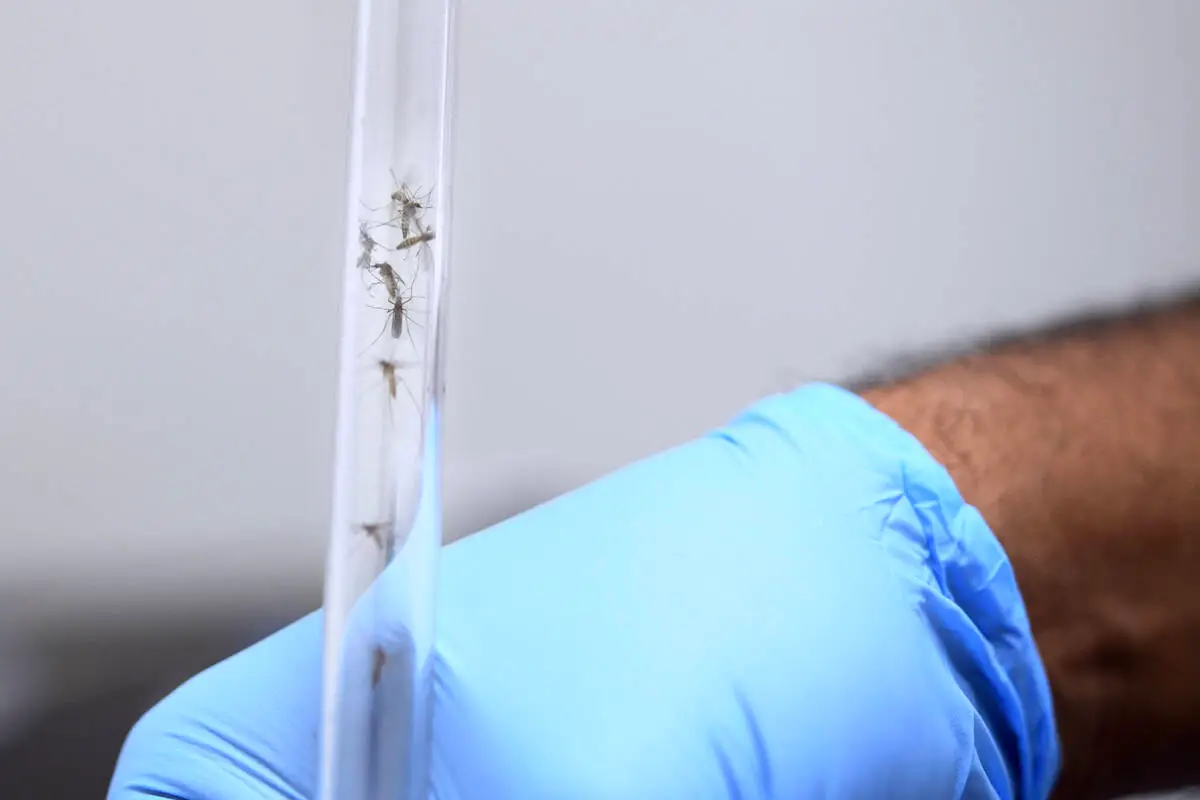In the Las Vegas Valley, certain mosquito species are adapting to the harsh summer climate and developing resistance to pesticides. Research by Trishan Wickramasinghe at UNLV indicates these mosquitoes, particularly around golf courses, are increasingly immune to pesticides, even at high concentrations. This resistance is particularly concerning in areas with stagnant water, common in Summerlin and Henderson.
Louisa Messenger, also from UNLV, emphasizes the need for a coordinated community effort to control these mosquito populations, as isolated measures prove ineffective. Without comprehensive abatement strategies, the problem is expected to worsen, especially with the presence of species like Culex quinquefasciatus and the invasive Aedes aegypti. These species are vectors for diseases such as West Nile virus, dengue fever, and Zika, posing significant public health threats.
The Southern Nevada Health District and Clark County Vector Control are actively monitoring mosquito activity. However, despite increased efforts, the absence of a region-wide mosquito abatement program leaves control largely to local municipalities. This has sparked discussions about the necessity of establishing a county-wide control program.
Messenger and her team are investigating the rapid growth of Aedes aegypti, attributing it to urbanization, which creates more breeding grounds for mosquitoes. They are advocating for a more structured abatement plan and are gathering community input to push for legislative action.
Residents are advised to take personal precautions, such as using insect repellent, wearing protective clothing, and eliminating standing water around their properties to reduce mosquito breeding. Despite these efforts, the mosquito population remains a persistent issue in the valley.

























